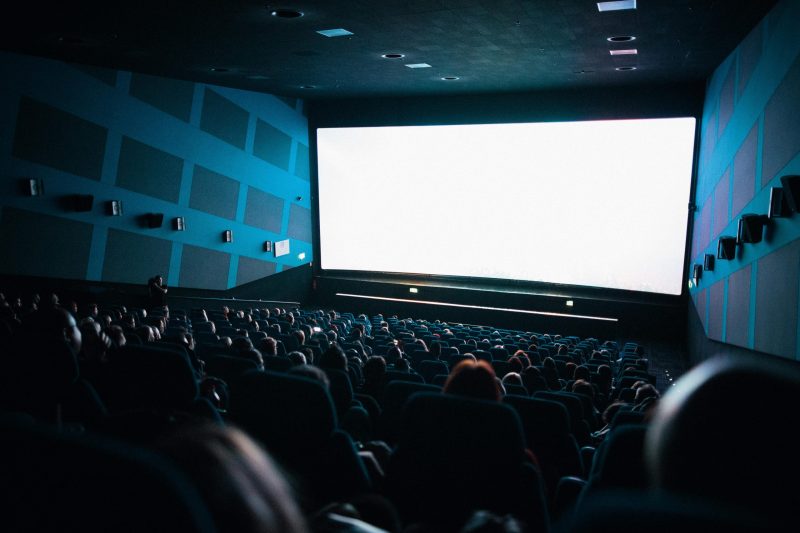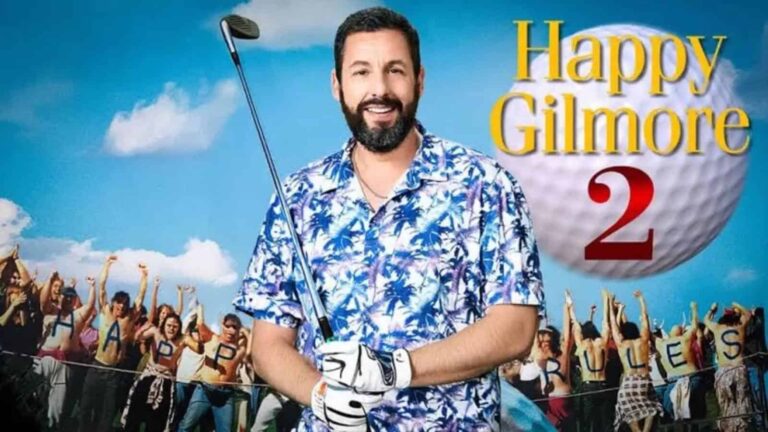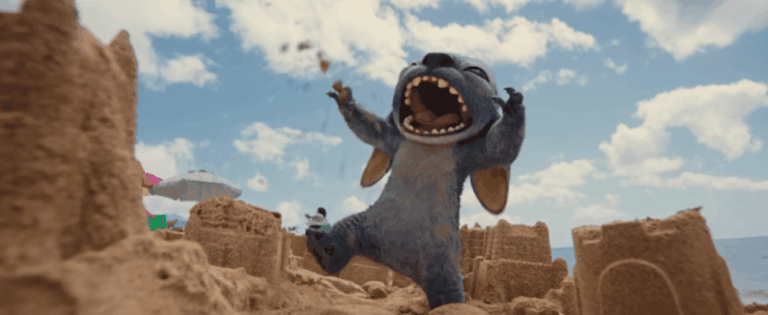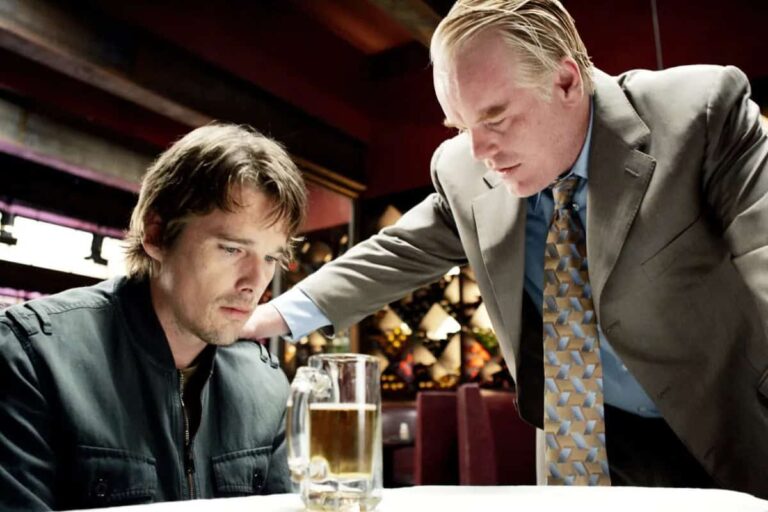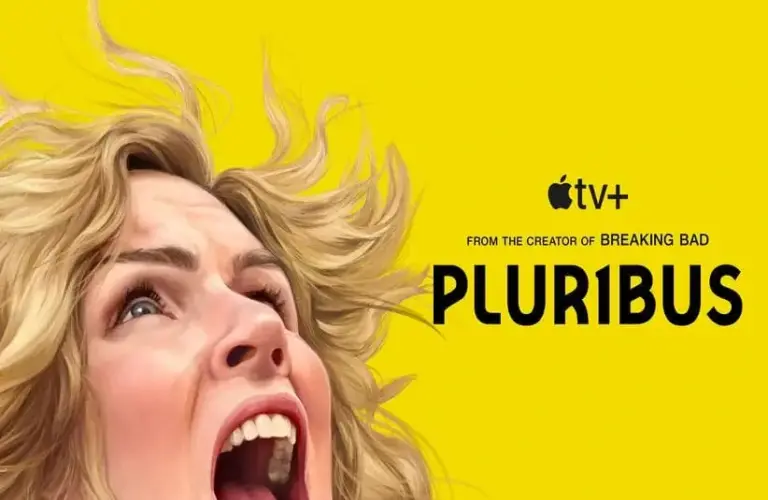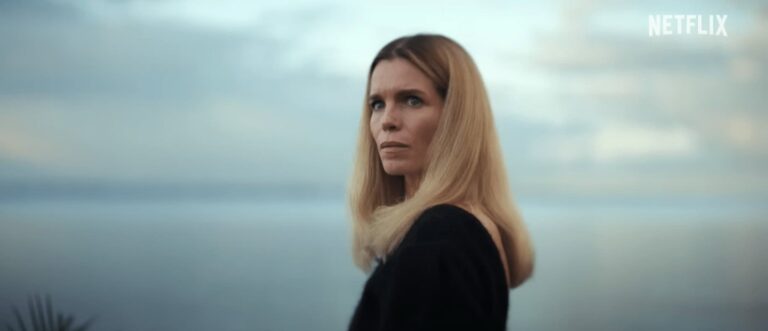Director Andy Muschietti Hints at Future Black & White Action-Horror Film
In the past 12 years, Andy Muschietti has emerged as a distinctive creative voice in filmmaking, especially in the horror genre. His 2013 feature-length debut “Mama” was a prodigious success, but it’s his two-film adaptation of Stephen King’s “It” – 2017’s “It” and 2019’s “It Chapter Two” – that truly captured the attention and approval of audiences and critics alike. He and his sister, Barbara Muschietti (who has been a producer for all his films), have recently been responsible for developing the upcoming TV series “It: Welcome to Derry,” and he has spoken about their desire to make an original and very unique horror film.
The Muschietti Siblings – Horror Fanatics from Young Childhood
Both Andy and Barbara Muschietti have been passionate about the horror genre from a very young age. In an October 14 interview with Deadline, Barbara Muschietti explained: “We are moviegoers. We see movies of every size and we grew up with movies of every size, and we want to continue telling stories that can be done on different sized budgets.” Andy Muschietti recalled watching an early Roman Polanski horror film, “The Fearless Vampire Killers,” at the age of 6, and Sam Raimi’s classic “The Evil Dead” at 11.
Both of these films are notable for their dark humor, and Andy Muschietti cited “The Evil Dead” in particular as a film that helped him understand “the power of humor in horror,” which he has mined prolifically for his “It” adaptations. It’s “not necessarily for comedic purposes,” he explained, “but to get people on board, to get them thrilled in a different way. There’s a very special feel when you see something that has a level of comedic sarcasm to it, and that becomes imprinted on you. It’s inevitable for us to infuse some humor in our work.”
The Muschiettis’ Homegrown Ambition: A Period Horror Flick with Action and Tango
Andy Muschietti also revealed that he and his sister are hoping to one day shepherd a project that honors their Argentine heritage. “We’re very connected culturally to Argentina,” he said, “because we were born and raised there. There are so many stories to tell and one in particular that I really wanted to do… It combines the culture of tango with some supernatural presences, and there is another part that’s connected to the social and political background.”
This would-be film, Andy Muschietti explained, is to be set in the 1930s – a natural choice for the discussed subject matter, since 1935 is the year that marked the beginning of a two-decade period known as the “Golden Age of Argentine Tango,” during which this dance style rose to great prominence in the country. Muschietti also mentioned that the film would contain action as well as horror, and that he would shoot it in black and white.
An Inopportune Time: The State of Cinema in Modern Argentina
“But,” Andy Muschietti concluded in regard to the present prospects of this project, “you know, it’s like, when will that happen? That’s probably not now.” It so happens that Argentina’s current president, the noted right-wing populist and libertarian Javier Milei, has instituted a policy that is currently having a very onerous effect on the country’s film industry: the defunding of the National Institute of Cinema and Audiovisual Arts (INCAA). Barbara Muschietti said that this decision “has basically decimated the National Cinema Institute, which was basically the main provider of funds.”
A Film Worth Rooting for
What to make of the Muschiettis’ proposal for such an unusual project? Certainly, it’s difficult to intuit how 1930s tango may lend itself thematically and/or narratively to a horror movie. However, we need only to look back six months to find, in Ryan Coogler’s “Sinners,” a superb example of a well-established director mining and honoring his culture’s musical heritage for a first-class period piece that combines supernatural horror with era-specific sociopolitical commentary.
Might Andy Muschietti’s extremely ambitious would-be passion project amount to a similarly brilliant (and, for non-Argentine audiences, enlightening) genre mishmash, if only he gets the chance to make it? Let’s hope that Argentine cinema’s situation improves soon enough for that to happen.

